Unsere vernetzte Welt verstehen

Der Einsatz von KI zum Wohl der Gesellschaft: Versprechen & Gefahren für Start-ups
Künstliche Intelligenz (KI) wird als neuer Nährboden für unternehmerische Möglichkeiten angesehen. Während die Forschung einig ist, dass KI großes Potenzial für wirtschaftliches Wachstum hat, bleibt eine Frage offen: Wie kann KI zum Wohle der Gesellschaft eingesetzt werden? In einer neuen Studie haben wir europäische Unternehmer*innen befragt und herausgefunden, dass die Anwendung von KI für gesellschaftliches Unternehmertum sowohl mit spezifischen Versprechen als auch mit Gefahren verbunden ist. In diesem Blogbeitrag fassen wir die wichtigsten Ergebnisse unserer Studie kurz zusammen und geben wichtige Empfehlungen für Start-ups.
How can AI be applied for the greater good of society?
In today’s society, artificial intelligence (AI) is an extremely powerful technology that is expected to generate a wide range of innovations. These, in turn, make AI an instigator for an unprecedented level of entrepreneurial opportunity (Kabir 2018). But beyond this potential for economic growth, can AI also have a positive impact on society?
In this regard, researchers note that AI-based technologies may contribute to alleviating societal problems in various domains, including equality and inclusion; education, health, and hunger; or climate action (Tomašev et al. 2020). And yet, the entrepreneurship literature does not shed sufficient light to date on how entrepreneurial ventures can apply AI for the greater good of society.
Given our previous research on (social) entrepreneurship (Scheidgen et al., 2021; Siebold et al., 2019) and artificial intelligence (von Richthofen et al., 2021), we decided to explore this question in greater depth. In our recent study entitled “The Promises and Perils of Applying AI For Social Good in Entrepreneurship,” we identify four main promises and perils associated with applying AI for social good in entrepreneurship.
Entrepreneurial ventures apply AI for social good in a variety of domains
We sought out and conducted interviews with founders and managers of 15 entrepreneurial ventures that successfully apply AI for social good in all sorts of domains: from agriculture and banking to education, environmental services, and healthcare. For example, one venture used image recognition and classification as well as object detection and localization to identify, categorize, and map plastic waste. Another venture provided a mobile app to farmers in developing countries and used image recognition and classification to detect plant diseases, pests, and soil deficiencies. A third venture used image recognition and classification to digitize medical images and develop applications for medical analysis and diagnosis.
The Promises of venturing with AI for social good
Our study identifies four notable promises of venturing with AI for social good:

Beneficial collaborations with heterogeneous stakeholders from both the public and private sector are sought. With a focus on social good and common objectives (e.g., reduction of plastic waste), ventures can engage different types of stakeholders, such as NGOs, government agencies, corporate clients. In some cases, this even included competitors and companies that were considered partly responsible for societal issues tackled (e.g., suppliers of plastic packaging).

The ventures can flexibly make use of for-profit, not-for-profit, and hybrid structures. This means that they are in a unique position to act as a bridge between communities that were interested in either technological or societal advancement.
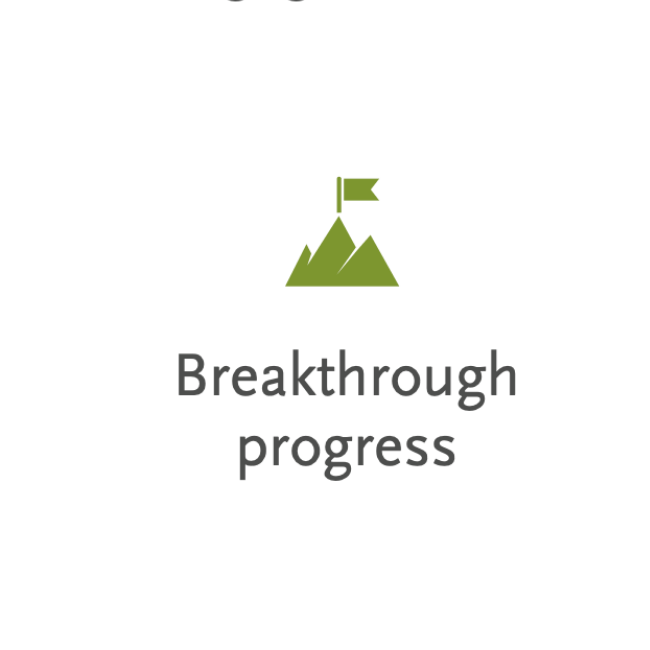
I offers the promise of both new ways how organizational activities are performed and novel outcomes that were previously unattainable and now offer break-though progress.
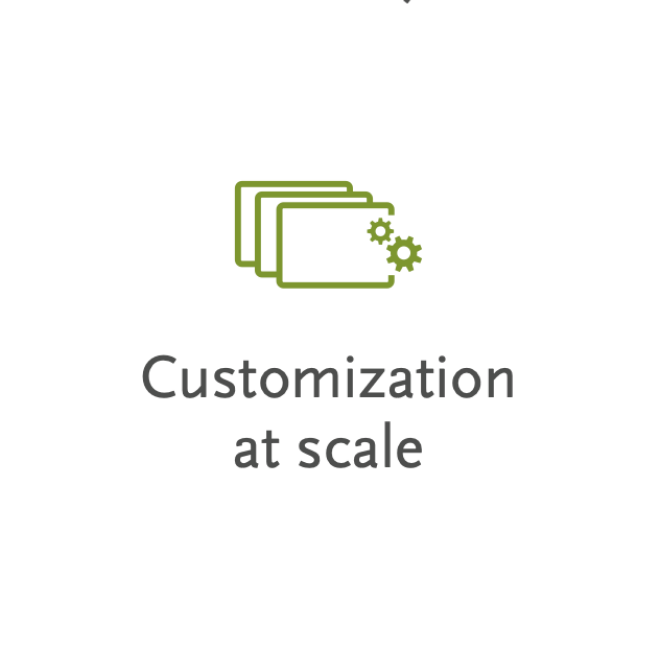
Ventures are able to deliver a service or product that is highly customized to each individual client’s need without incurring high costs. This means that AI allows ventures to benefit from economies of scale while they can maintain high-levels of individualized outputs.
The Perils of venturing with AI for social good
Our study reveals that founders interested in venturing with AI for social good must find ways to cope with four main perils:
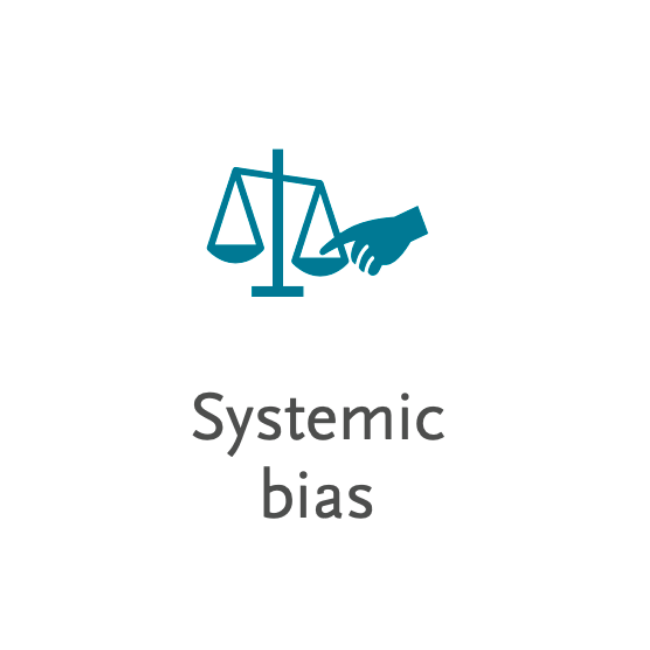
There is a risk of introducing systematic bias (e.g., related to race, age, religion) that prevails in existing knowledge and past experience into AI systems. This concerns prejudices that are designed into an AI system, for example, due to bias in the data sets that are used to train AI models. Ventures risk to engender the same bias into their AI models that they set out to fight in today’s societal problems caused by inequalities and exclusion.
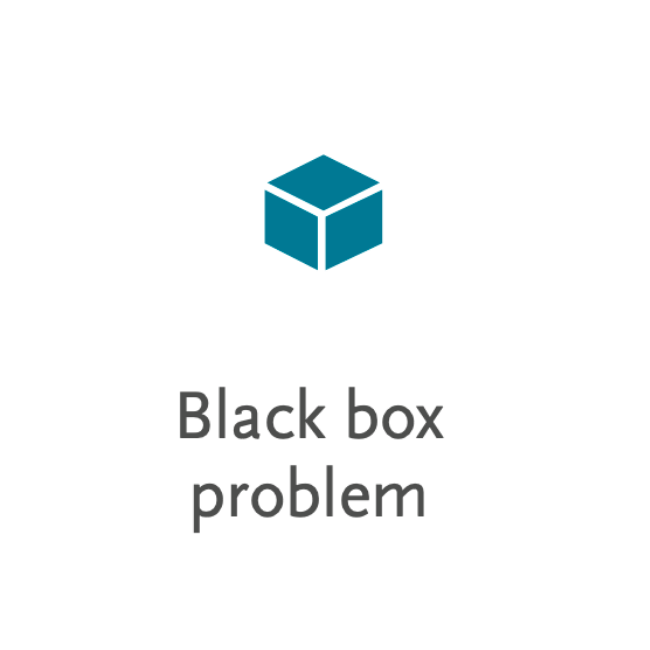
The black-box problem is about having nonhuman systems make opaque decisions that ultimately affect humans. This peril relates to not knowing how the system arrives at conclusions, which is especially critical for human related applications in areas such as health care, employment, or criminal justice.
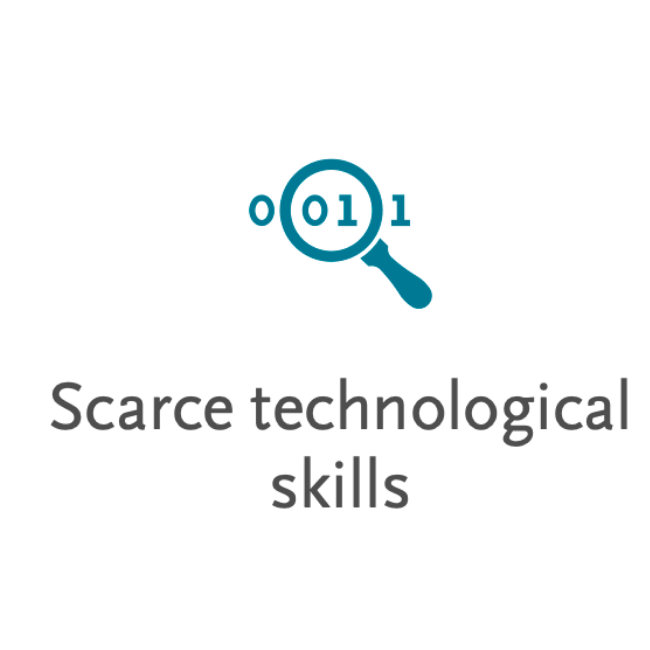
There is competition for scarce technological skills. It is extremely difficult to secure these skills that are highly in demand in both the private and public sector. In particular, the interviewees explained that they need people with strong scientific, mathematical, and engineering knowledge in order to build and continuously develop AI technologies.
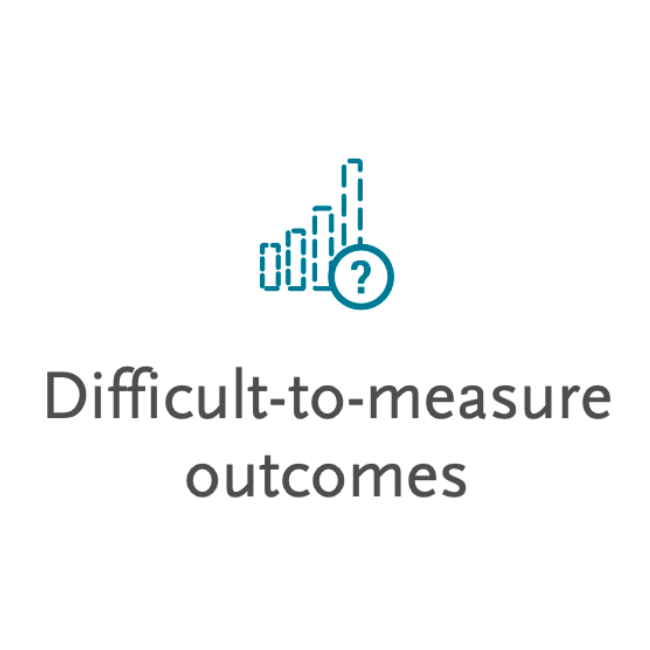
It is difficult-to-measure venturing activities that mostly generate indirect outcomes for the ventures’ main client groups. While the societal value of such activities appears evident it is often challenging to find a path to monetization and returns.
What are the implications for entrepreneurs?
The variety of cases reported in this study should encourage entrepreneurs to apply AI to societal challenges. We offer entrepreneurs four key insights from our study that can help them use AI for social good. First, entrepreneurs need to overcome a trust gap as they contend with systematic bias and use systems affected by the black-box problem while aiming to deliver difficult-to-measure outcomes. Second, entrepreneurs need to manage resource scarcity as they face the challenge of securing scarce technological skills. Third, entrepreneurs can engage in holistic venturing when they leverage structural flexibility to collaborate with multiple stakeholders from both the for-profit and nonprofit sectors. Finally, entrepreneurs can leverage the affordances of AI to create large-scale impact through break-through progress, customization at scale, or a combination of both.
Conclusion
Despite AI’s increasing relevance, there is a paucity of research on how AI can be used to benefit society – especially in regard to entrepreneurship. We hope that our study can shed light on the applicability of AI for positive societal change in ways that can help alleviate grand challenges in a wide range of domains, including equality and inclusion, education, health, hunger, and climate action.
References
De Bruyn, A., Viswanathan, V., Beh, Y. S., Brock, J. K.-U., & von Wangenheim, F. (2020, 2020/06/28/). Artificial Intelligence and Marketing: Pitfalls and Opportunities. Journal of Interactive Marketing. https://doi.org/https://doi.org/10.1016/j.intmar.2020.04.007
Kabir, M. (2018). Entrepreneurship process in the era of Artificial Intelligence. In ACPI (pp. 174-182).
Scheidgen, K., Gümüşay, A.A, Günzel-Jensen, F., Krlev, G., Wolf, M. (2021). Crises and entrepreneurial opportunities: Digital social innovation in response to physical distancing. Journal of Business Venturing Insights.
Siebold, N., Günzel-Jensen, F., & Müller, S. (2019). Balancing dual missions for social venture growth: a comparative case study. Entrepreneurship & Regional Development, 31(9-10), 710-734.
Tomašev, N., Cornebise, J., Hutter, F., Mohamed, S., Picciariello, A., Connelly, B., Belgrave, D. C. M., Ezer, D., Haert, F. C. v. d., Mugisha, F., Abila, G., Arai, H., Almiraat, H., Proskurnia, J., Snyder, K., Otake-Matsuura, M., Othman, M., Glasmachers, T., Wever, W. d., Teh, Y. W., Khan, M. E., Winne, R. D., Schaul, T., & Clopath, C. (2020). AI for social good: unlocking the opportunity for positive impact. Nature Communications, 11(1), 2468.
von Richthofen, G., Gümüsay, A. A., & Send, H. (2021). Künstliche Intelligenz und die Zukunft von Arbeit. In R. Altenburger & R. Schmidpeter (Eds.), CSR und Künstliche Intelligenz (pp. 353-366). Springer Berlin Heidelberg. https://doi.org/10.1007/978-3-662-63223-9_19
Dieser Beitrag spiegelt die Meinung der Autorinnen und Autoren und weder notwendigerweise noch ausschließlich die Meinung des Institutes wider. Für mehr Informationen zu den Inhalten dieser Beiträge und den assoziierten Forschungsprojekten kontaktieren Sie bitte info@hiig.de

Jetzt anmelden und die neuesten Blogartikel einmal im Monat per Newsletter erhalten.
Digitalisierung und Nachhaltigkeit
KI am Mikrofon: Die Stimme der Zukunft?
Von synthetischen Stimmen bis hin zu automatisch erstellten Podcast-Folgen – KI am Mikrofon revolutioniert die Produktion digitaler Audioinhalte.
Haben Community Notes eine Parteipräferenz?
Dieser Artikel analysiert, ob Community Notes Desinformation eindämmen oder ob ihre Verteilung und Bewertung politische Tendenzen widerspiegeln.
Wie People Analytics die Wahrnehmung von Fairness am Arbeitsplatz beeinflusst
People Analytics am Arbeitsplatz kann die Beziehung und das Vertrauen zwischen Mitarbeitenden und Führungskräften beeinflussen.






